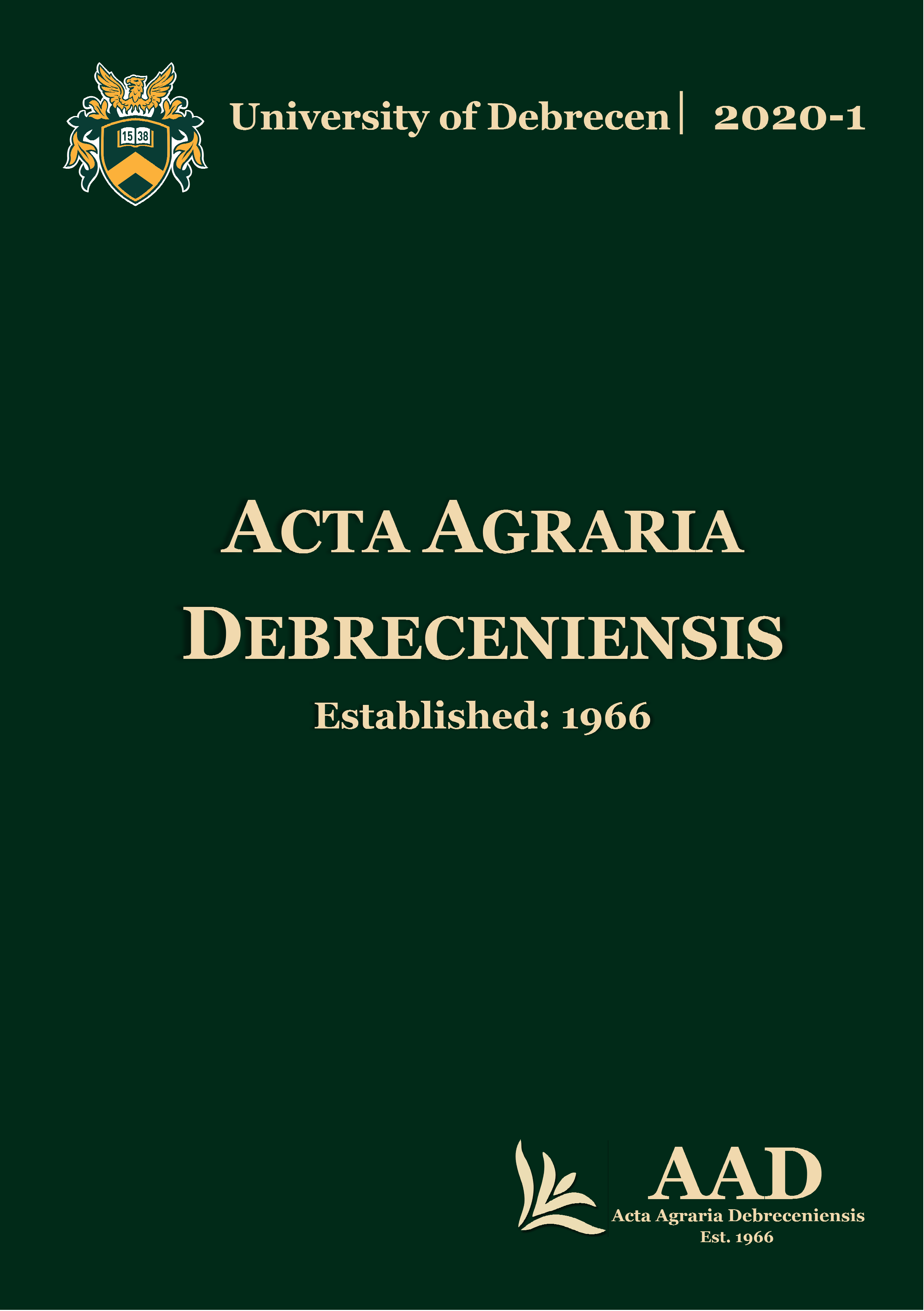The impact of applying foliar fertilizers on the health condition of maize
Authors
View
Keywords
How To Cite
Accepted 2020-02-17
Published 2020-05-20
Abstract
The nutrient supply of plants is becoming more important in plant protection since the appropriate condition of plants can be ensured by optimal and satisfactory nutrient supply to avoid nutritional deficiency diseases. Due to the extreme weather conditions, plants are forced to face several stress factors, which leads to deterioration of the plant health. The increasing occurrence of droughts poses threat to nutrient uptake through the roots since all the nutrients can be accessible to the plants only if they are in dissolved form in the soil – which is not possible in the absence of water. Therefore, the importance of foliar fertilizer is becoming a more and more significant part of the nutrient supply, because with the help of this technology the development of any nutrient deficiency can be prevented.
In this experiment, we focused on the efficiency of two different foliar fertilizers on maize. Foliar fertilizers were applied two times, once in the stage with 8 leaves and tasseling phenophase of the maize. To verify the efficiency of the foliar fertilizers, the chlorophyll content of untreated and treated plant’s leaves was measured after each application. Moreover, the length and diameter of maize cobs, thousand kernel weight, protein, oil and starch content were also measured, and the results were compared to the untreated (control) ones. According to the results, in all aspects significant differences were observed and due to the laboratory analysis of leaves, in the case of magnesium and zinc supply the foliar fertilizers were able to prevent the development of nutrient deficiency.

 https://doi.org/10.34101/actaagrar/1/3769
https://doi.org/10.34101/actaagrar/1/3769